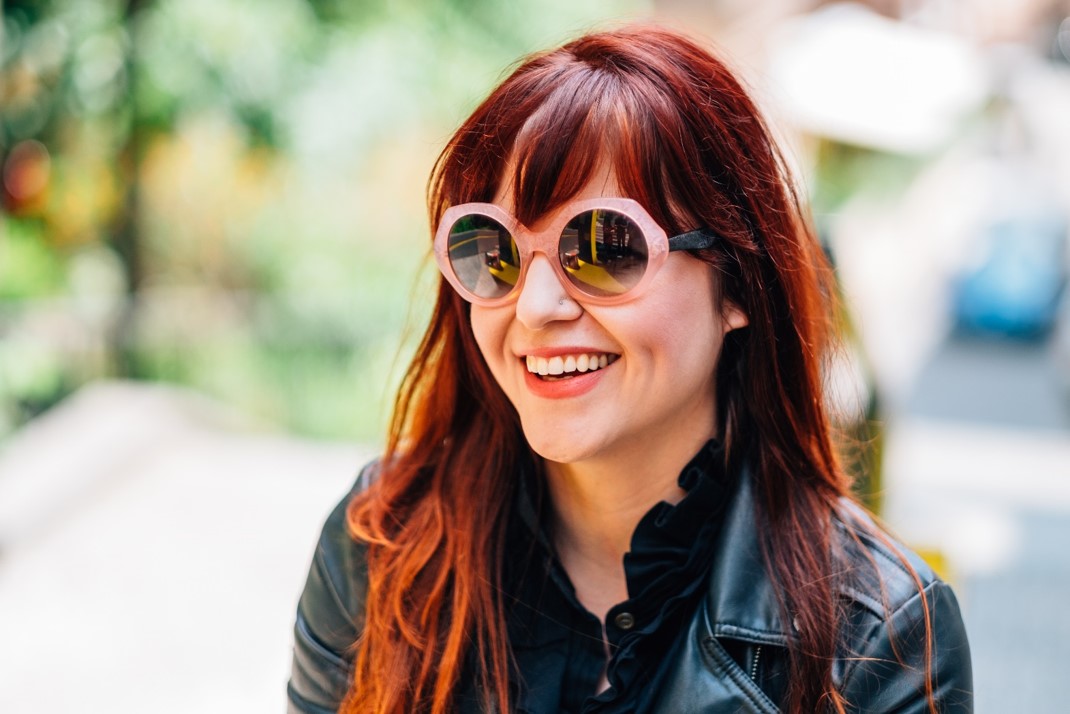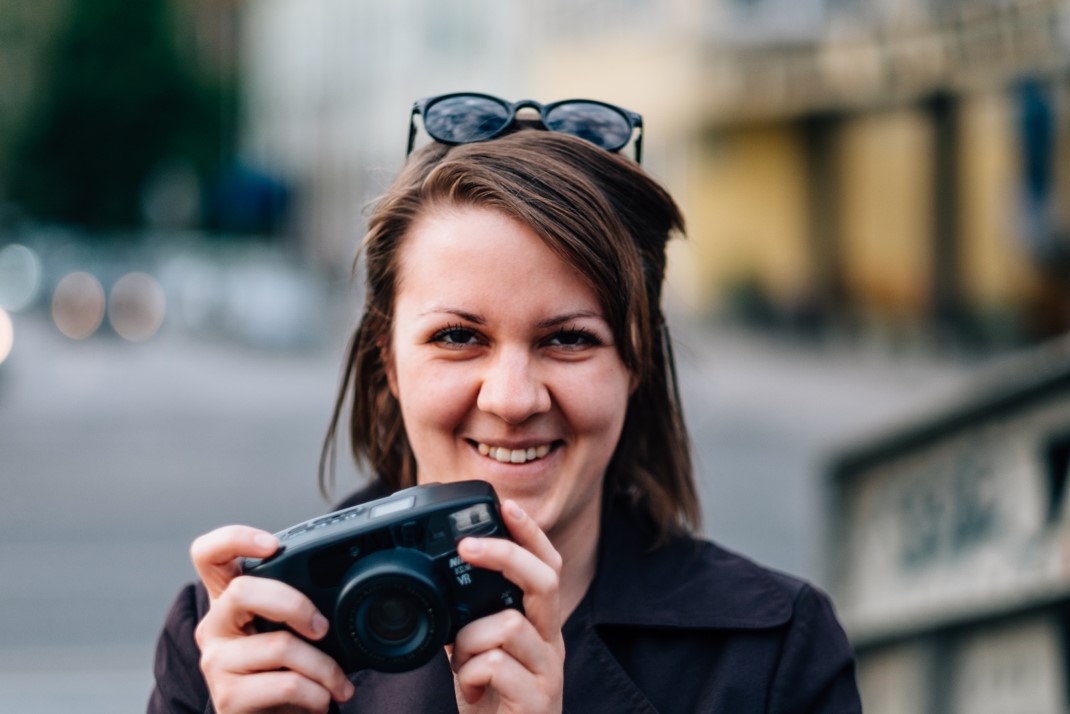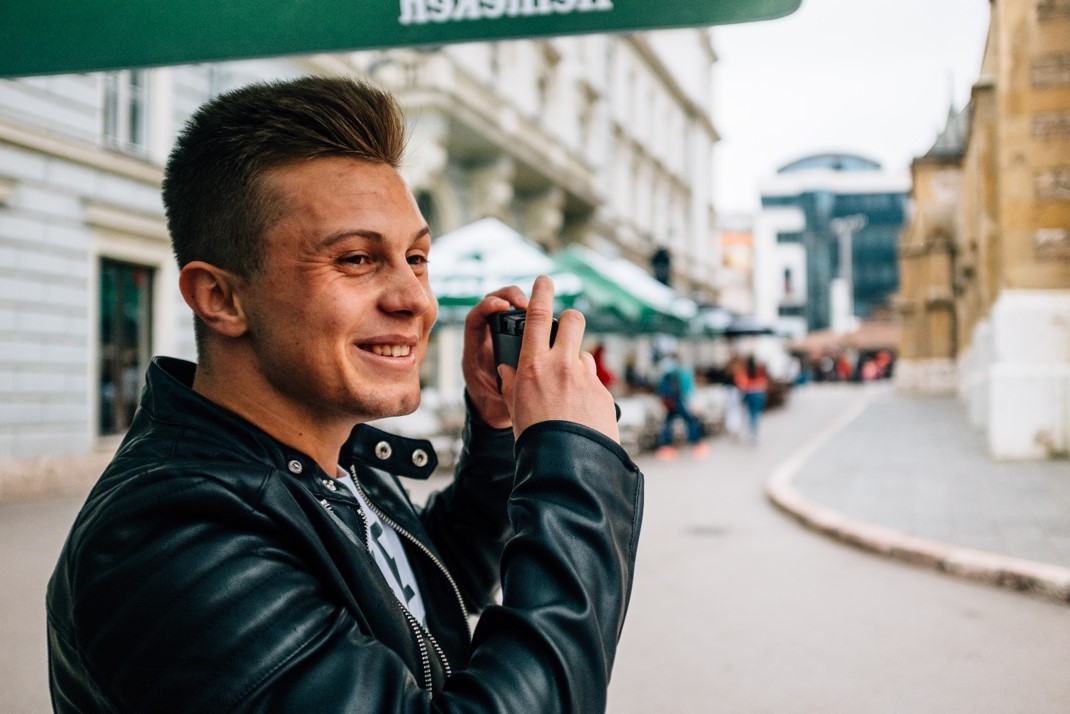Excellence: What Do You See?
 By Adam Palmer
By Adam Palmer
Tulsa, OK - Just as a camera shutter can work in an instant to record a memory for a lifetime, so can lives change in what seems like an instant. Such was the case for Dr. Jenifer White, an ORU graduate (B.A. Psychology, 2008) and Founder and President of Project 1948, a peace-building organization that uses photography and the arts to unite the extremely divided communities in war-torn Bosnia and Herzegovina.
"I was working with survivors of the Rwandan genocide," White recalls. "They had survived an ethnic cleansing between three people groups and then moved into communal reconciliation." White was seeing positive results that stemmed from this reconciliation when she began to study the similar ethnic cleansing that occurred in Bosnia and Herzegovina in the early 1990s. That's when the camera shutter clicked in her mind.
"I literally thought, 'Let's go to Bosnia!'" White says. But she had no existing connections in the country, so she focused her lens first on the large community of Bosnian expatriates living in St. Louis, Missouri. "I just started showing up at these Bosnian events and going to panel discussions. And the people I sat beside at that first conference have become really great friends. It's a small country and so once you start meeting people, you see how they're connected and it becomes a lot easier to work there."
But what kind of work could one woman do, especially one from the United States? How can an American with a Western mindset and a doctorate in International Psychology possibly go about building peace?
"I wanted to be culturally sensitive as possible," White says, "and I knew I would unintentionally push my Western ideas, so I thought, 'If I come in as a foreigner, I need a medium that will be culturally sensitive.' Bosnia is an artistic culture. How do I give this community a voice and I don't get to manipulate it at all?"
The answer, it turned out, was photography. White first created Project 1948 as a
non-governmental organization with an overarching mission to use the arts to facilitate communal reconciliation. After much experimentation
and brainstorming, White and Project 1948 landed on a specific process called "photo-voice".
mission to use the arts to facilitate communal reconciliation. After much experimentation
and brainstorming, White and Project 1948 landed on a specific process called "photo-voice".
The idea is simple: give someone a camera, let them take pictures of anything they want to document their world, then talk with them about it. It's one part art, one part therapy. Project 1948 works primarily with students ranging in age from 17-23, letting them literally capture a vision of their country's future through photography.
"When you hand people a camera, you give up control," White says. "You don't get to tell them what to do; they take pictures of what they see. And then you give them a voice through interviews, and it works perfectly. It puts community concerns on display, and it starts a dialogue and that can make policy change happen."
The world is taking notice. After White started Project 1948, the United Nations reached out to her to consult on a program; that one relationship has since branched into multiple relationships throughout the UN, helping Project 1948 amplify the voices that White and her team capture through their interviews.
 Ever the optimist, White is also hopeful that the work Project 1948 is doing will
scale up into other nations and societies that need to find communal reconciliation.
Ever the optimist, White is also hopeful that the work Project 1948 is doing will
scale up into other nations and societies that need to find communal reconciliation.
"Photo-voice is still new. It's informing policy change, but it hasn't changed completely yet. But once it works, then you can take it and put it to any society in the world."
Sounds like a snap.
###

